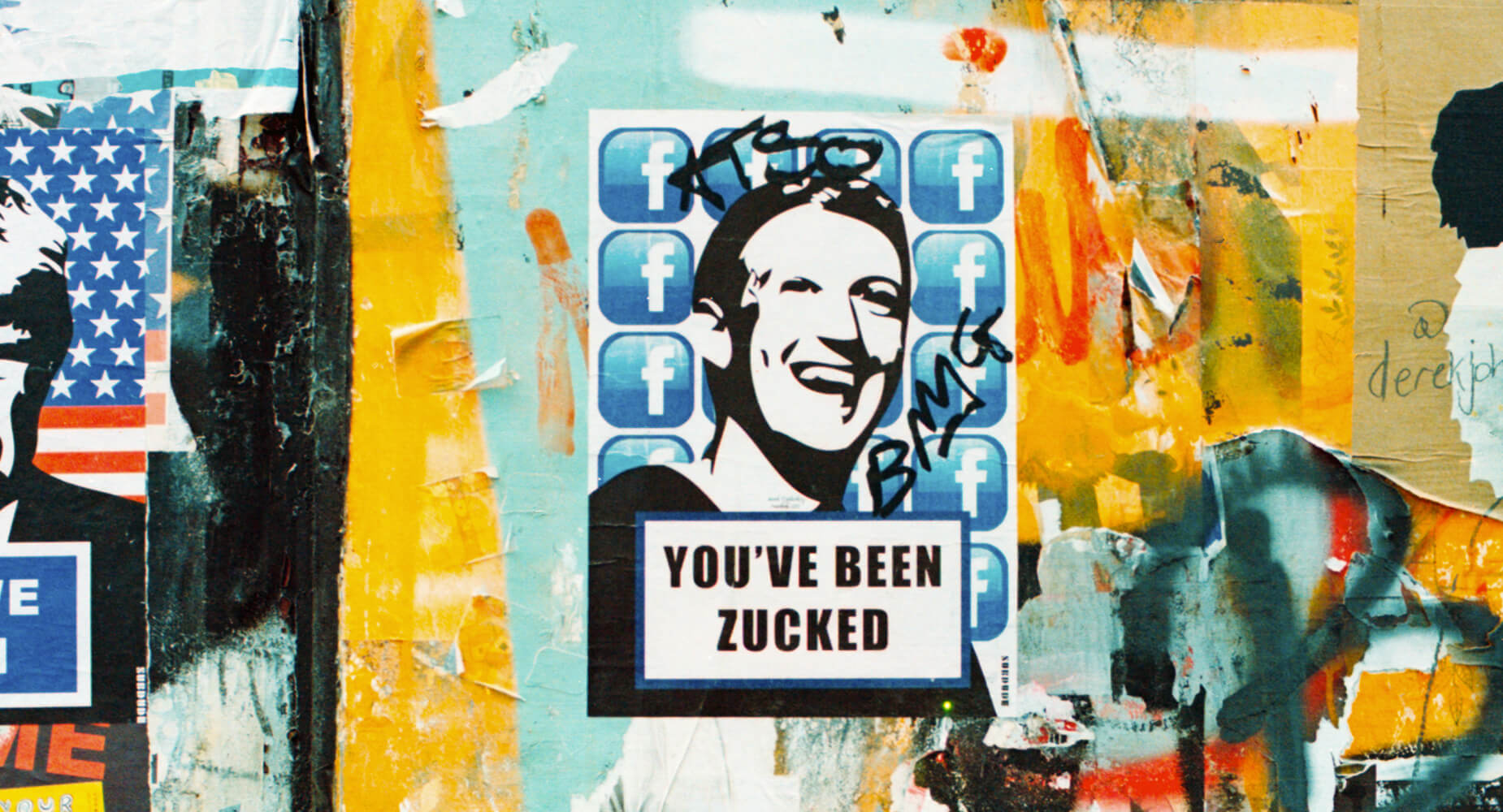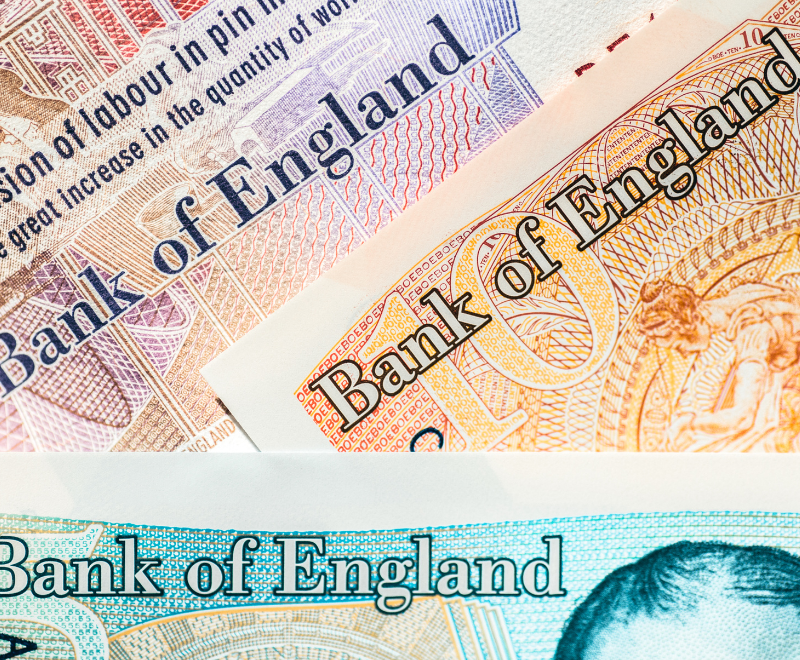Amid a growing backlash against Silicon Valley tech giants , the Prime Minister offered her input this week at Davos, taking aim at social media platforms and rolling out her vision for the role of tech in the global economy. David Leslie asks what the future holds for ‘Big Tech’ at a time when the titans’ problems seem to be mounting.
What happened?
In a wide ranging speech which may have been the first to cover off both wind farms in Hull and the promotion of international terrorism, Prime Minister Theresa May used her platform at Davos to lay out her vision for the role of technology in the global economy.
Why is it important?
The issues facing big tech have been well covered in recent months, including fake news, social media linked depression, tax avoidance and robots stealing our jobs. World leaders, spanning both business and politics, are lining up to offer solutions to questions which require them to balance consumer interests, exchequer receipts and the defence of democracy in one fell swoop.
These issues are broad, they will no doubt affect all of us in the coming years. The Prime Minister was keen to impress on the audience the huge positives of technology – citing the use of AI and big data in healthcare as a particular benefit – but she did not shy away from addressing the darker side of this world, where child abuse, modern slavery and terrorist activity is facilitated online.
The Prime Minister urged investors in technology platforms – such as Facebook and encrypted messaging platform Telegram – to do more to encourage their boards and owners to take responsibility for content on their platforms. May encouraged them to use “the best brains in the world” to develop ways in which illegal content can be identified and deleted automatically.
Her message was, at times, blunt. It is one which should ring in the ears of every technology company and their investors: “No-one wants to be known as “the terrorists’ platform” or the first choice app for paedophiles.”
What has the reaction been?
Ahead of this intervention, Facebook boss Mark Zuckerberg announced several measures to improve the detection of illegal content. These included the use of AI, however he has admitted that his company has more work to do. Julian Davis, Chief Executive of techUK, said that while some of the technology companies disagree with the government’s method, “there is no disagreement on the objective to make online platforms hostile environments for illegal and inappropriate content.”
What’s next?
It seems unlikely that the Prime Minister’s intervention alone will have a significant impact on investor activity in big tech companies. Shares in Facebook, for example, are a safe place to keep your money, they are up over 90% since the beginning of 2016 (the year fake news was born).
Broadly speaking, consumers have also yet to turn away from big tech companies. Despite only 25% of people trusting social networks for news, a high-profile London ban on Uber and evidence of terrorist activity on encrypted messaging apps, consumers, for the most part, remain hooked on products which offer convenience, connectivity and cheaper (if not free to use) services.
However, it is clear that media and political scrutiny will continue to increase. At some stage the straw will break the camel’s back. Be it from the continued media campaign against Youtube advertising on terrorist content or the European Commission’s campaign against the tax arrangements of big players, it seems inevitable that big tech will be forced into change in some way.
For the businesses, engagement will be key. It is far better for businesses to own their issues and become part of the solution, than continually dig their heels in, believing themselves too big to fail. Facebook and Google have committed their long-term future to London at a time when the UK needs big, international friends. It’s in the interests of these businesses to work in partnership with Government and regulators to eradicate any evils lurking in the dark recesses of their platforms, allowing them to focus on the global benefits they bring.




